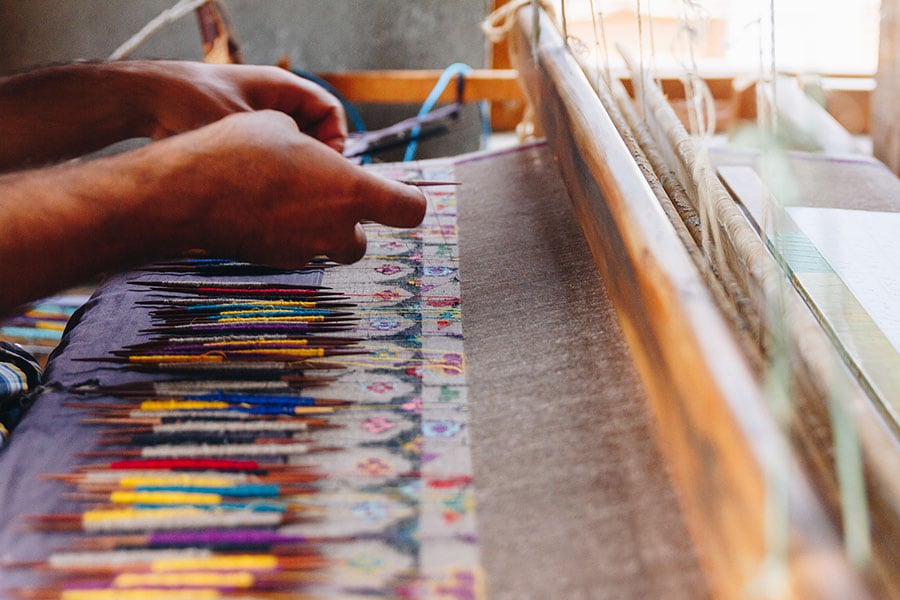
Internet suspension in the Valley causes decline in handicraft exports
Kashmir's carpet, shawl and other cottage industries are crippled without the internet, and exports have suffered dramatic losses; the region has faced an Internet shutdown since four months
 Image: Shutterstock
Image: Shutterstock
Bandipur, Jammu and Kashmir: After adjusting his notes on carpet weaving, Imtiyaz Ahmad Dar, 28, rushes to pick apples at a nearby orchard, where he is a daily wage worker. The orchard is in the Gada Khud village of Bandipora district, about 30 kilometres from Srinagar of Jammu & Kashmir (J&K).
Gada Khud has never been known for its apples. Instead, it’s called the ‘Carpet Village’; of the 400 households in the hamlet, nearly 300 are carpet weavers. However, since August, the ongoing internet blockade has crippled the exports of the carpet industry and several other cottage industries.
With no communication with the buyers, the blockade has proven an unyielding grit in the carpet looms of the village. Dar, who belongs to a family of weavers, stated that the weavers in the area now prefer working as labourers to make ends meet. The dealers from Srinagar don’t even enquire about the orders placed before the internet blockade, he added.
According to data by the J&K Department of Handicrafts, the exports of handicrafts have declined by 62 percent in the second quarter of the current fiscal year, as compared to the first quarter.
Kashmir, famous for carpets, shawls and papier-mâché items, has acquired a huge market in India and abroad. However, with ecommerce replacing the conventional business models, the lack of internet in Kashmir is sounding a death knell for the handicraft sector. The region has faced Internet shutdowns as many as 55 times this year alone—higher than any other state or Union Territory—and the current communication clampdown has been in place for over four months. According to internet tracker internetshutdowns.in, there have been 180 internet blockades in the region since 2012.
Drop in exports
The Valley-based exporters are unable to connect with their clientele spread across India and abroad. This had led to a massive fall in the exports of handicrafts this year.

.jpg?impolicy=website&width=122&height=70)





